Category: Governance
-

AI Philosophy
That Neural Networks (NNs) are the most successful AI in history is indisputable. Large Language Models (LLMs) resounding success has made that much more evident and incontrovertible. Curiously, most people do not seem to remember that NNs predated the term “Artificial Intelligence” by over a decade. Indeed, in 1943, a neuroscientist and a mathematician joined…
-

AI Typology
While researching the deployment of artificial intelligence within the public sector, I encountered a limited number of precious case studies that poked a bit deeper into the benefits and risks of such a move . For the most part, those studies focused on public service provision, while a few explored AI’s institutional impact in public…
-

Generative AI (GenAI) in the Public Sector
It was a last-minute decision. The annual New York Film Festival was underway, and I had carefully studied its lineup. My list had four options: 1. Must see. 2. Should see. 3. See some time later on. And 4. Not really interested. The film playing that day was part of the second set. Sixty minutes…
-
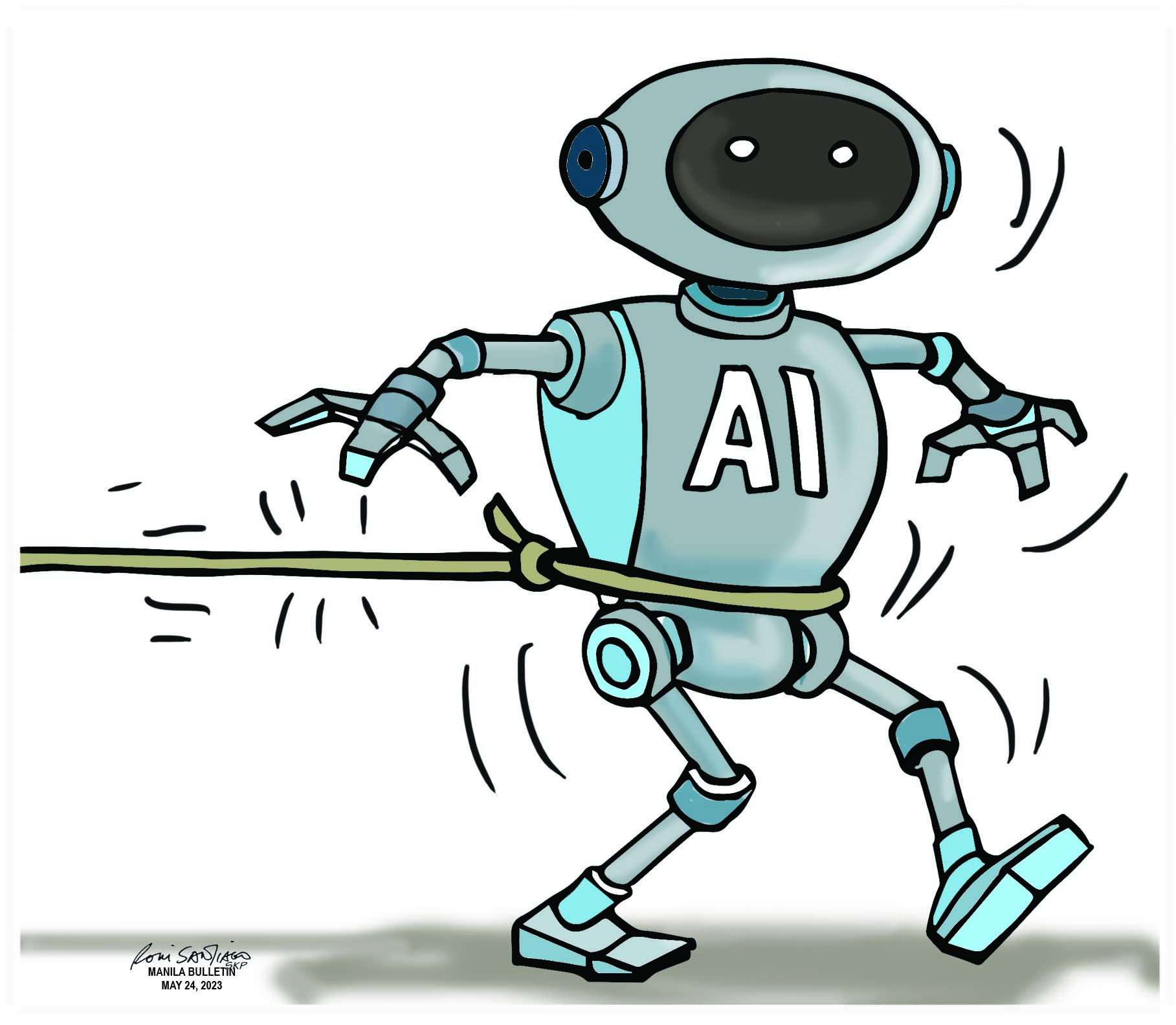
Regulating AI
The EU’s December agreement on legislation tackling AI deployment and use in the Union and beyond is yet more evidence of its global leadership in the area of digital technology regulation . A few weeks before the epic event, heavy lobbying by the usual suspects had placed the legislation’s future on the line . Generative…
-

Regulating Digital Platforms – IV
That the EU is well ahead of the rest of the world regarding digital technology regulation is not under dispute . The recent agreement on AI regulation provides further evidence of its leadership . A more interesting question is why the Union has not been able to give birth to digital platforms and companies that…
-
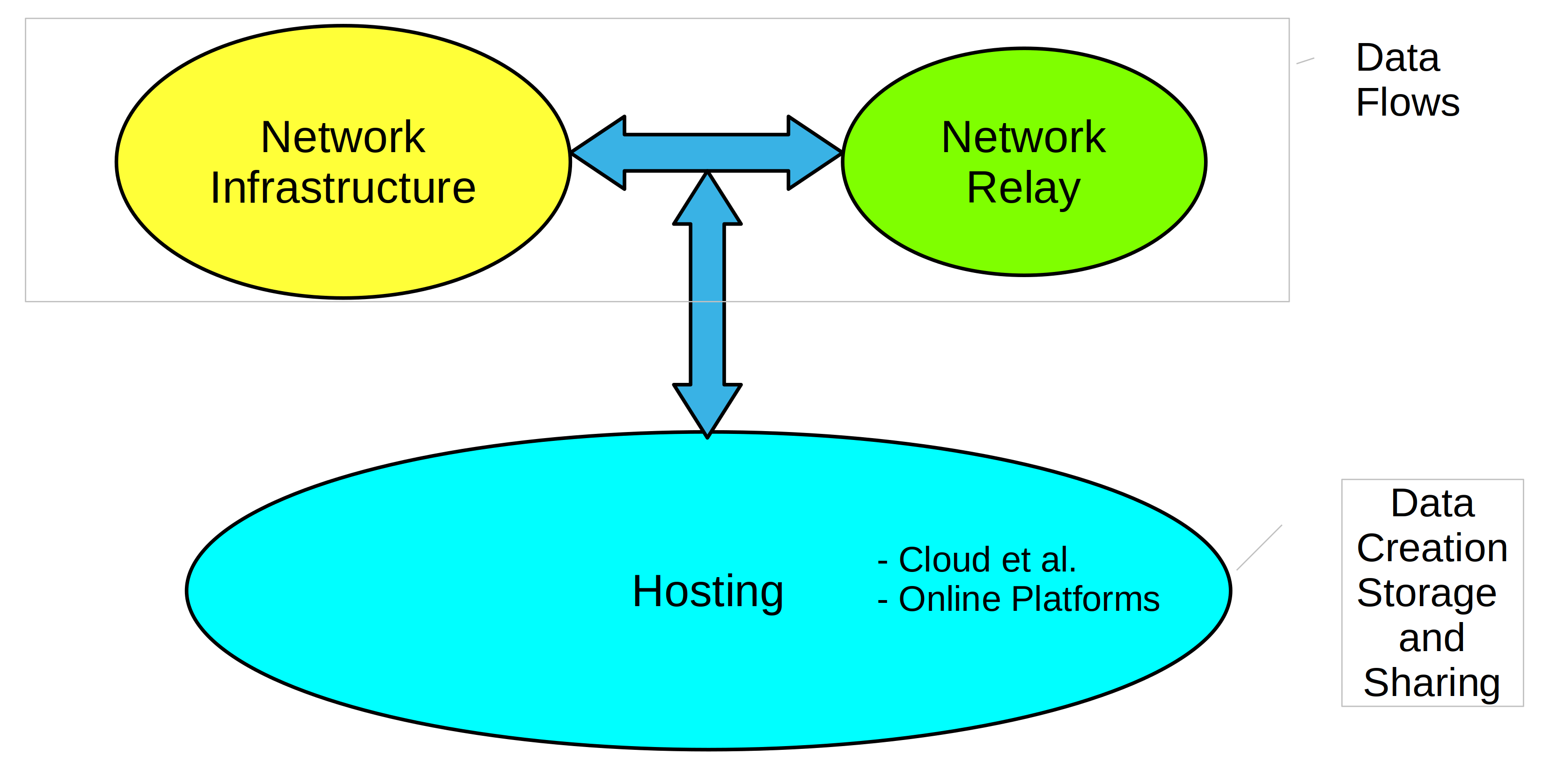
Regulating Digital Platforms – III
Digital platforms are a particular case of the broader platform category and thus have distinct characteristics. At the same time, they come in different forms and shapes. Putting them into a single box is not easy. Indeed, the devil is in the details. That is undoubtedly a challenge for policymakers and regulators. But before taking…
-
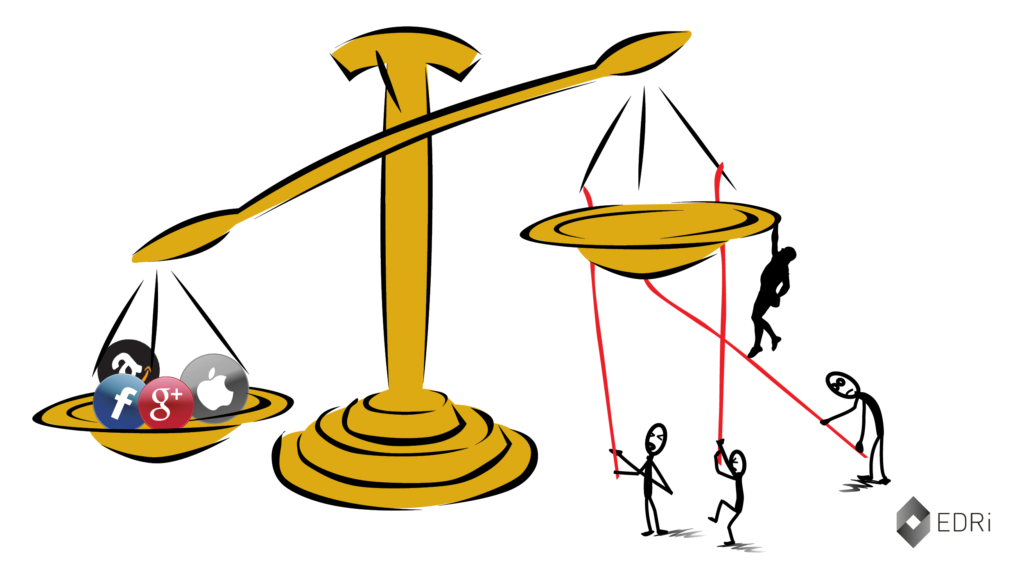
Regulating Digital Platforms – II
As suggested in the first part of this post, not all platforms are digital. In fact, analog platforms are the older siblings. Its digital counterparts are undoubtedly distinct, their calling card usually being their multisided nature—operating in more than one two-sided market. However, analog multisided platforms have also existed for a long time . And,…
-
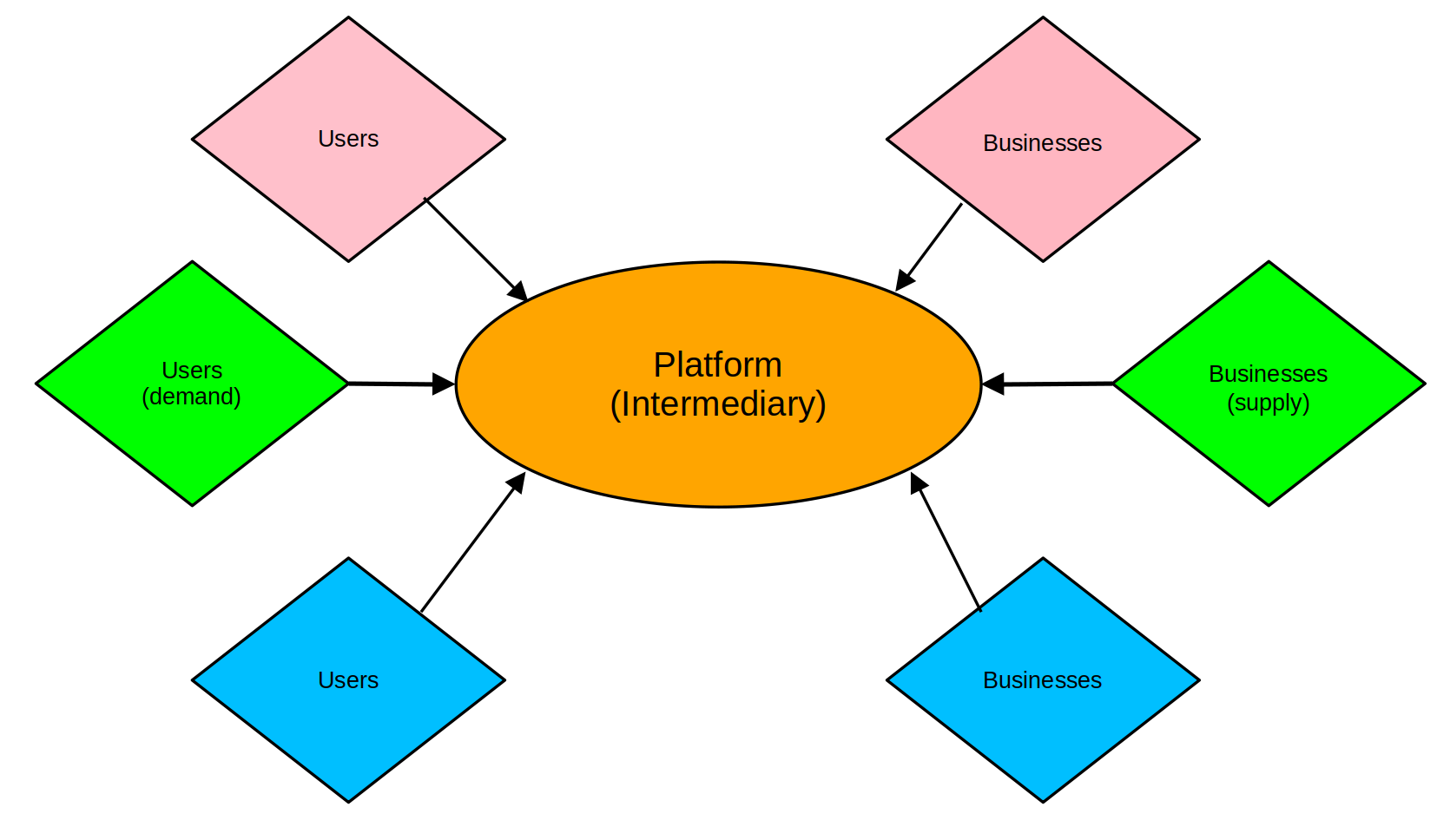
Regulating Digital Platforms – I
By all accounts, the regulatory tide, constantly receding for so many years, is finally returning to the digital realm’s now extensive and arid shores . Indeed, digital platforms are now under the policy microscope, especially the well-known global giants whose names I do not need to echo here. These behemoths are carrying the day with…
-

AI Disinformation – II
AI’s astounding evolution over the last decade has been nothing short of spectacular, pace doomers. It has undoubtedly exceeded most expectations, bringing numerous benefits and generating new challenges and risks. The latter is crucial to understand, as AI has a bipolar personality. It is indeed friend and foe. It all depends on how humans (ab)use…
-

AI Disinformation – I
The idea of a technological singularity has been around for over 60 years. While initially confined to closed circles of experts, it has been gaining ground in the race to the future, which, according to its core tenets, will be devastating for us, poor dumb humans. I probably first heard about it in the early…
-

Organized Disinformation – I
I still remember the phone number of the line my parents somehow managed to get installed in their first-owned house, a three-story dwelling my father, a civil engineer, helped design and build for a family of seven. It had six digits, which seemed like one too many. When asked, my father said the reason was…
-
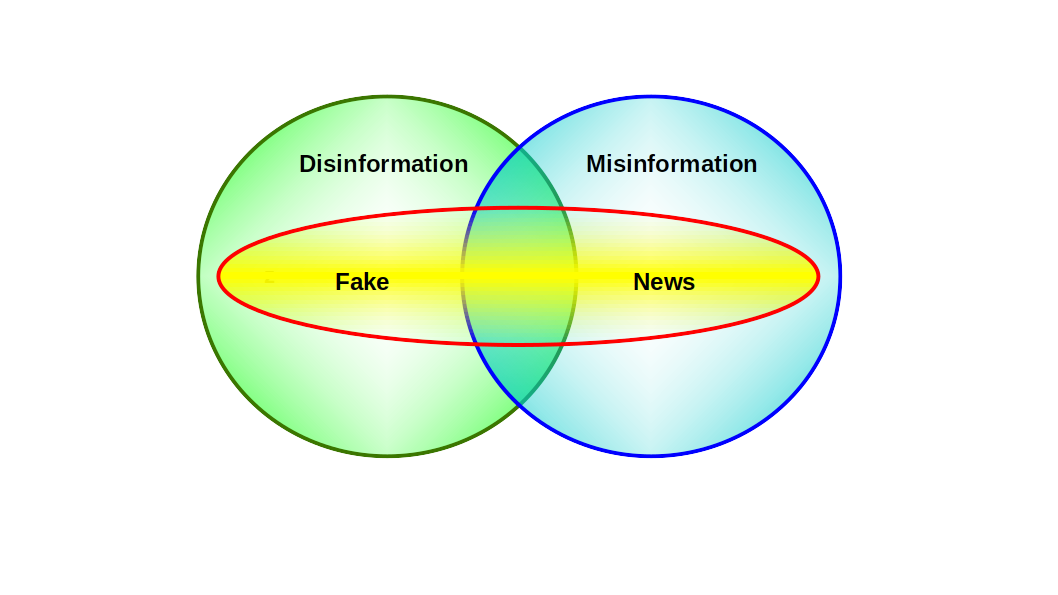
Disinformation Misinformation
The rainy season had already begun, but, as usual, it did not provide any relief from that sweltering heat that never abandoned the small rural town. It was a regular Thursday morning, and Cesar planned to head back to the farm riding his mule, always carrying his shotgun. One never knows what might happen along…
-
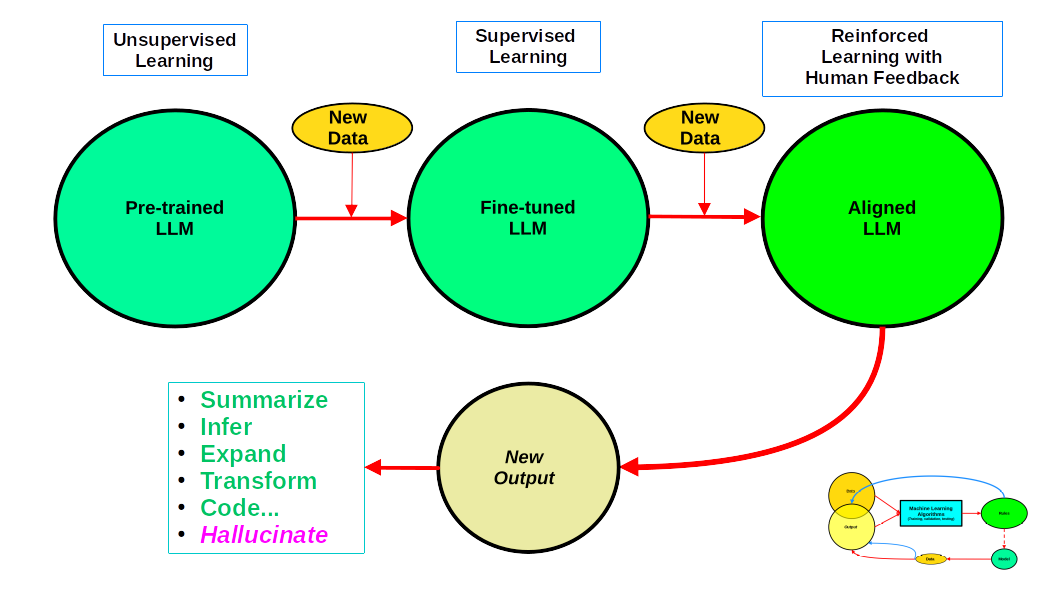
More on AI Programming
In the coldhearted realm of disinformation, deepfakes seem to reign supreme, bullying all others around along the way. The fact that they have multiple personalities makes them even more insidious. Voice, text, images, and video content are among the most common, with combinations among them a frequent occurrence. Lip-syncing the voice of a targeted person…
-

AI and Open Source – II
Linux Freedom I first heard about Linux a couple of months after returning from the 1992 UN Earth Summit in Rio de Janeiro. I was working part-time as a Research Associate at one of my college’s social research centers while doing consulting on my own, which led to the Rio trip. The academic job guaranteed…
-

AI and Open Source – I
By all accounts, the ChatGPT “revolution” has triggered a well-deserved resurgence of Free/Open Source software (FOSS) that, some argue, will allegedly challenge the dominance of Big Tech over LLMs. While I disagree with such a prediction, I think FOSS can still play a vital role, as it did over 20 years ago, when facing the…